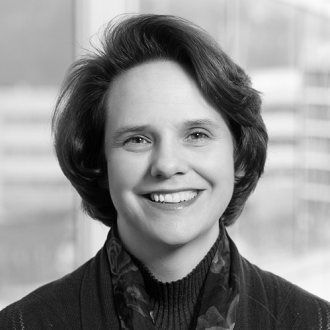 ENGAGE Pilot Study
ENGAGE Pilot Study
STUDY BASICS
Did you have a stroke at least 3 months ago? If so, you may be able to participate in a research study to help find out if a new rehabilitation program can help people with stroke resume activities outside of the home. Involves completing assessments, wearing an activity monitor, and participating in 12 group sessions with a rehabilitation therapist and peer mentor. Compensation is provided.
STUDY PURPOSE
After a stroke, many people experience difficulty with moving, thinking, and speaking, which limits their ability to return to normal activities in the community. Although resuming participation in activities outside the home can improve mental and physical health after a stroke, rehabilitation programs can be difficult to access for some people. The purpose of this research study is to find out if a new rehabilitation program can help people resume community activities after a stroke. Researchers hope their findings will lead to improved community participation for people who have had a stroke in the future.COULD THIS STUDY BE RIGHT FOR YOU?
- Had a stroke at least 3 months ago
- Currently live in a house, apartment, or other community residence (do not live in a care facility)
- Not currently participating in physical therapy, occupational therapy, or speech therapy
- Experience difficulties doing activities outside of the home
- Do not have dementia
- Able and willing to attend a 6-week program with 2-group sessions per week at a community center in Allegheny County
WHAT PARTICIPANTS CAN EXPECT
Participation includes an initial 1-hour visit to find out if you are eligible. Qualified participants will complete an additional 1.5-hour assessment and will be asked to wear an activity monitor for 7 days. After these assessments, participants will be asked to take part in a group program led by an occupational therapist and a person who has experienced a stroke. The group will meet for about 2 hours in a community center 2 times per week for 6 weeks for a total of 12 sessions. The group will also attend a community outing together. The group program will provide training on ways to increase participation in community activities, and may have you practice these activities. Sessions will be videotaped. After completing the group sessions, participants will be asked to repeat 1 hour of testing and to wear the activity monitor for 7 more days.IRB: STUDY20110335
- sIRB: ENGAGE Pilot Study: Promoting Participation and Health After StrokeMEET THE RESEARCHER

Elizabeth Skidmore ,
Elizabeth Skidmore, PhD, is Chair and Professor in the Department of Occupational Therapy at the School of Health and Rehabilitation Sciences at the University of Pittsburgh. A graduate of the University of Pittsburgh, Dr. Skidmore’s research interests include cognitive impairments, mood symptoms, and activities of daily living in persons with brain injury and neurocognitive decline as well as interventions designed to promote independence and community integration among adults with cognitive impairments.
MEET THE COORDINATORS
Minmei Shih
Minmei Shih, PhD, is an occupational therapist with experience in cognitive rehabilitation, and research scientist in Dr. Skidmore's research laboratory at the University of Pittsburgh. Dr. Shih’s research interests include developing interventions designed to promote independence and community integration among adults with cognitive impairments.

Rachelle Brick
Rachelle Brick is an occupational therapist with experience in cancer rehabilitation, and PhD Candidate at the University of Pittsburgh. Ms. Brick’s research interests include developing interventions designed to promote independence and quality of life among cancer survivors.
 https://pittplusme.org/study/1566
https://pittplusme.org/study/1566